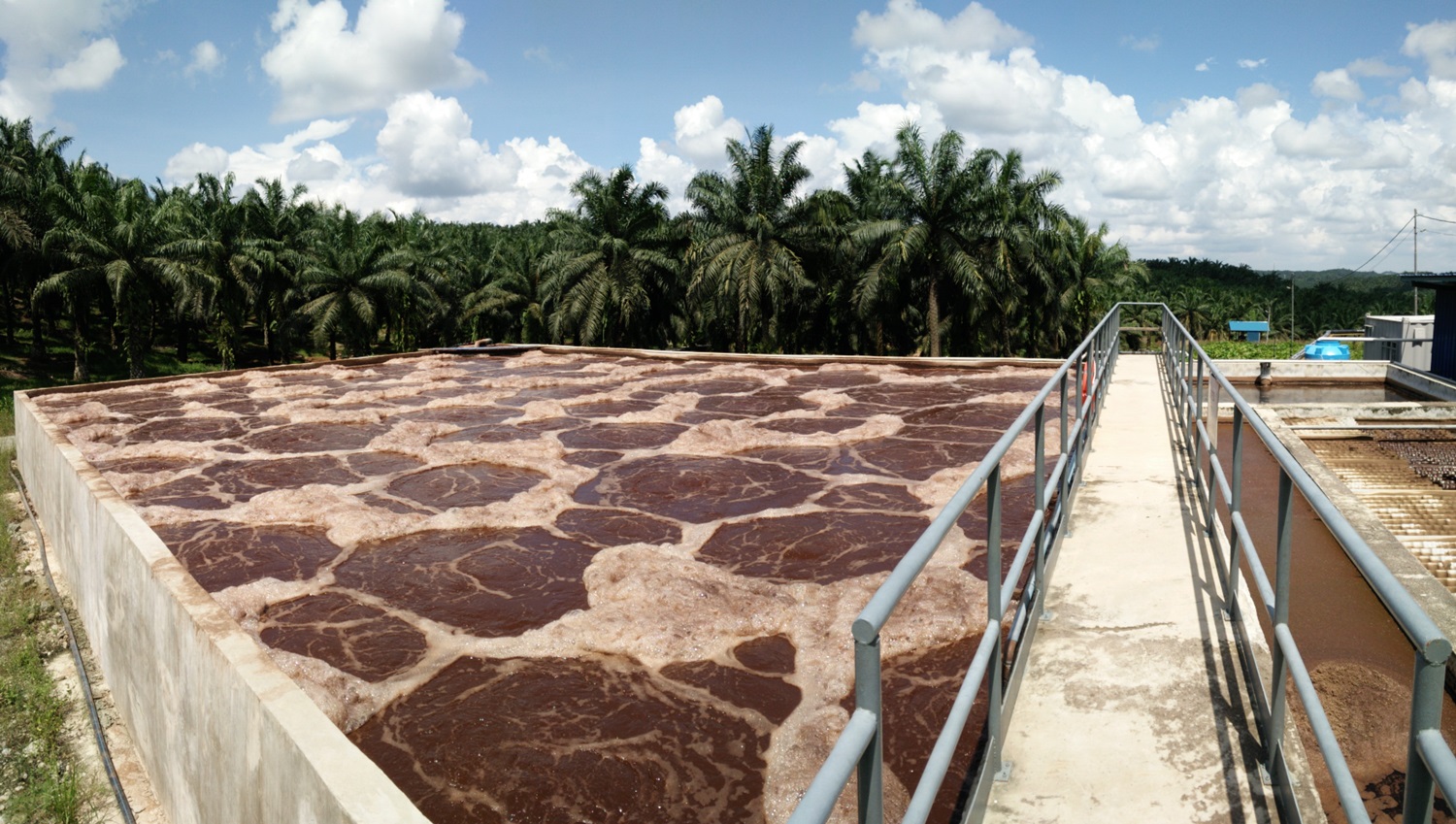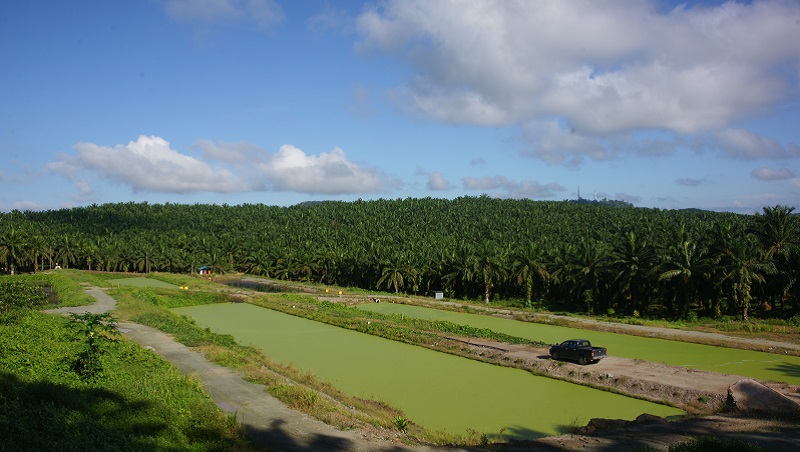EXPO 2025
Special Page
“We want to create a stir in the present plantation agriculture that is built on large amounts of waste water and waste products.”
In the palm industry, environmental pollution, caused by the disposal of waste fluids and waste products after the oil extraction process in factories, is becoming a big social problem. Based on this, we are aiming to establish a sustainable palm plantation agriculture system which purifies waste fluids by using the power of microbes and aquatic plants.
The setting for this is in Indonesia and Malaysia where even with the increasing demand worldwide, are producing more than 80% of the world’s palm oil. Therefore, we established a wastewater treatment system that uses microbes to decrease the BOD in the waste fluids and duckweeds to remove nutrient sources. The value of this project is not all in purifying the waste fluid. It also has economic merits at the same time, by converting the harvested duckweeds into biomass and using it as fermentation materials or forage materials.
※BOD:Biochemical oxygen demand. Often used as an indicator of the degree of organic pollution of water.
Malaysia and Indonesia located in the tropics produce 80% of the world's palm oil supply, and have large scale plantations of oil palms spreading across the vast lands. At the palm oil mill, a large amount of organic wastewater is discharged daily in the palm oil production process. In some cases, the treatment of the organic wastewater is insufficient and it exacerbates the surrounding ecological environment.
Malaysia, Indonesia, Japan
Abedon Oil Mill Sdn. Bhd.

